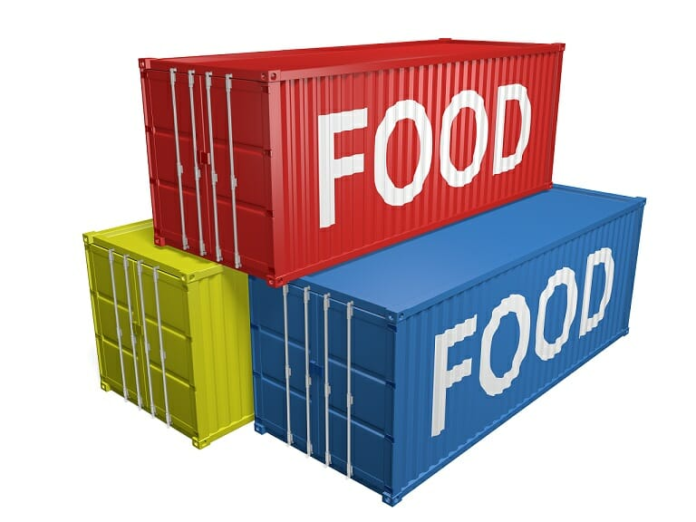India has recently turned away food consignments from countries like China, Japan, Sri Lanka, Bangladesh, and Turkey due to non-compliance with safety and quality standards. These rejections were overseen by the Food Safety Standards Authority of India (FSSAI), which monitors imported food items for adherence to the Food Safety and Standards Act, 2006.

Table of Contents
FIRA Portal: Ensuring Transparency
To bolster transparency, FSSAI launched the Food Import Rejection Alert (FIRA) portal. This platform enables the swift exchange of information about rejected food consignments, highlighting safety risks. The goal is to prevent these risks from impacting public health and improve traceability in the supply chain.
For instance, cinnamon flower buds from Sri Lanka were rejected due to unauthorized usage, and fresh red apples from Turkey were deemed unacceptable due to a short shelf life.
Reasons for Rejections
FSSAI follows a three-tier verification system for food imports:
- Document Scrutiny: Ensuring that all necessary paperwork is in order.
- Visual Inspection: Identifying visible defects or damage.
- Sampling and Testing: Checking for contaminants like pesticides, heavy metals, or non-permitted additives.
Examples of rejected items include:
- Tea Bags from Japan: Contained “Rooibos,” an unapproved ingredient.
- Non-Alcoholic Beer from China: pH levels were below the prescribed limit.
- Sushi Nori (Seaweed) from China: Detected heavy metals and arsenic.
Other common rejection causes include mislabeling, document deficiencies, and country-specific quality requirements.
India’s Import Regulations
India imports food items from over 100 countries. The Food Safety and Standards (Import) Regulation, 2017, mandates strict guidelines for safety. Authorized officers at designated entry points ensure imports meet these standards. Criteria include:
- Safety Parameters: Absence of harmful substances like pesticides and heavy metals.
- Quality Standards: Correct moisture, fat content, and ash levels.
- Labeling Accuracy: Clear ingredient and nutritional information.
Impact of Rejections
These actions highlight India’s commitment to consumer safety. They also push exporting countries to adhere to higher standards. For India, this fosters trust in imported products while promoting domestic food safety standards.
My Opinion
This initiative is crucial for public health. FIRA’s transparency helps citizens trust the food they consume. However, I believe there is scope for greater international collaboration to prevent such rejections in the first place. Exporting countries should align with India’s requirements to minimize waste and ensure smoother trade relations.
Conclusion
India’s rejection of subpar food consignments underscores its strong stance on food safety. By implementing tools like FIRA and enforcing rigorous checks, India is setting an example in protecting public health. This approach not only safeguards citizens but also encourages global suppliers to meet higher standards, ensuring safer food for everyone.



